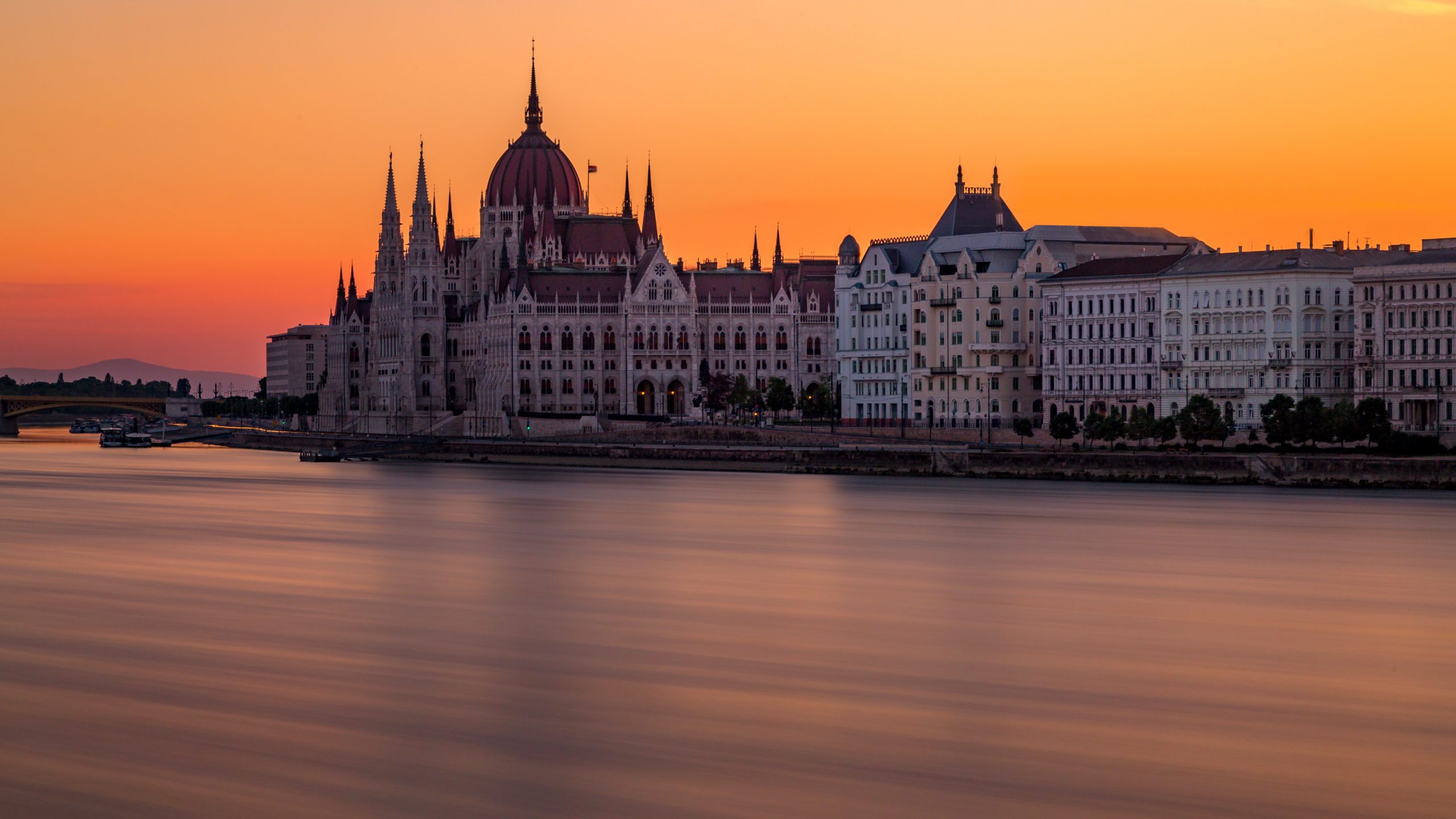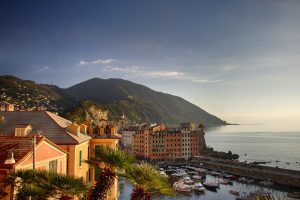A Small Geographical and Historical Background about Hungary
Hungary with its capital city of Budapest calmly sits in the central European lands. As a result, it borders seven other countries. One of the neighboring countries is Romania which occupies the eastern edge. At the same time, Ukraine and Slovakia border Hungary to the north. On the other hand, it shares the southern part with Croatia and Serbia.
Austria and Slovenia are on the western side of Hungary. To many Hungarians, Austria is the separated twin of Hungary. This dates back to the era of the Austro-Hungarian dynasty which ruled several countries at its heyday. Today, the two nations have many similarities, but there is also a strong ethnic division among the populations of the lands.
In October 1989, the country transformed into a democratic parliamentary republic. Afterwards, Budapest became the capital of the new republic. This city represents the vital vain of the country and has a unique topographical structure. Namely, the Danube River, divides the capital -and de facto- the country into two separate cities. These are mainly Buda and Pest.
The Hungarian Culture

The majority of the population identify as 85% ethnically Hungarian. This makes the country highly homogenous among other European peers.
It is notable how Hungarian’s take pride in their own distinct culture. That is due to the fact that much of their language and traditions can be traced back to the Magyars.
The Magyar was a Central Asian tribe which settled in the region of nowadays Hungary, over 1000 years ago. Therefore, the rich culture of Hungary is strong in folk traditions, culture, literature and music. However, and most importantly, it has its own distinguished unique style, not found anywhere else in Europe.
Influenced by various ethnic groups, Hungarians developed a unique set of ideologies and rituals. Moreover, these people are always confident and proud of their achievements which are numerous. Mainly, they excelled in sciences, scholarship and arts to name a few.
Therefore, 13 Hungarians were awarded the prestigious Noble-Prize in the course of the country’s rich history. This figure becomes significantly high when compared to the small population of 9 million people.
The Hungarian Language

The Hungarian language is a tongue twister and mind blower for any foreign student who attempts at learning it. Linguists agree that it is one of the most difficult languages to understand, let alone to learn. Therefore, it is a worldwide example used when trying to describe the complexity of something: “I don’t speak Hungarian!”.
Again, the Hungarians take pride in their language and it constitutes one of the most significant national symbols. With its complex suffixes and vowels, Hungarian is unlike any other language in the world.
Learn about Hungary's National Dish :
Therefore learning the language, means learning a new set of rules which can be translated into learning a new culture. A culture that has a strong distinct identity from any neighboring or distant country. A culture that mixes traces of a heroic past with a vibrant present, yielding a promising future.
Today, many tourists, students, retirees and language enthusiasts visit the country annually. They are on a mission to further explore this hidden European marvel. Moreover, the country is a symbolic mark of Asia meeting Europe and this is clearly shown in the expressive faces of its inhabitants.






